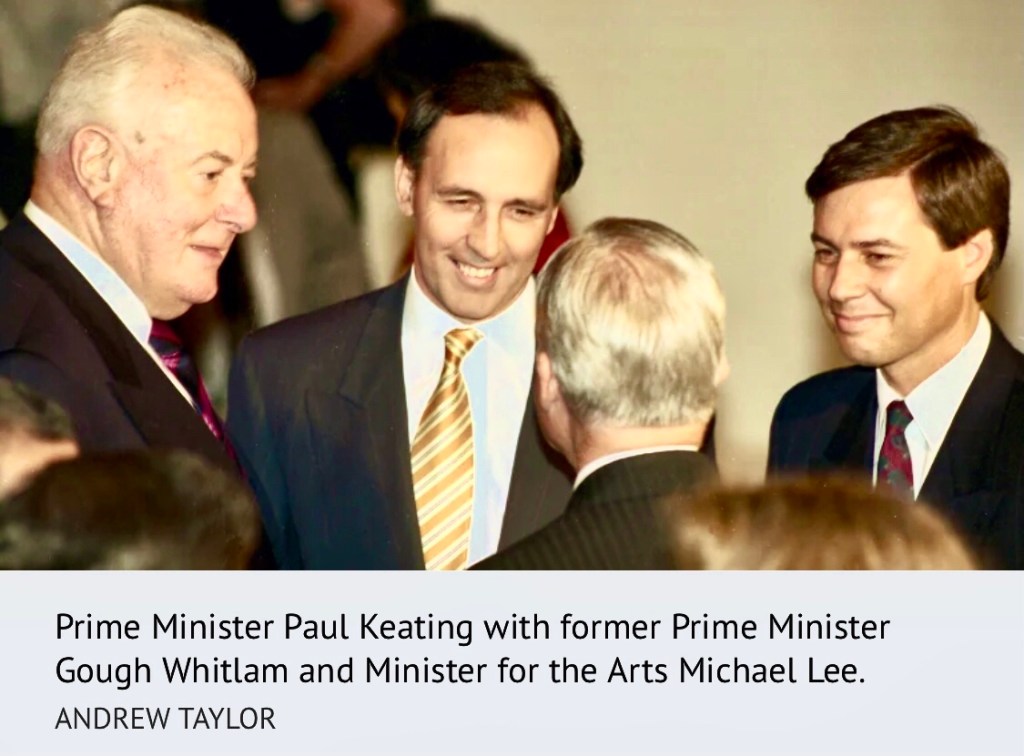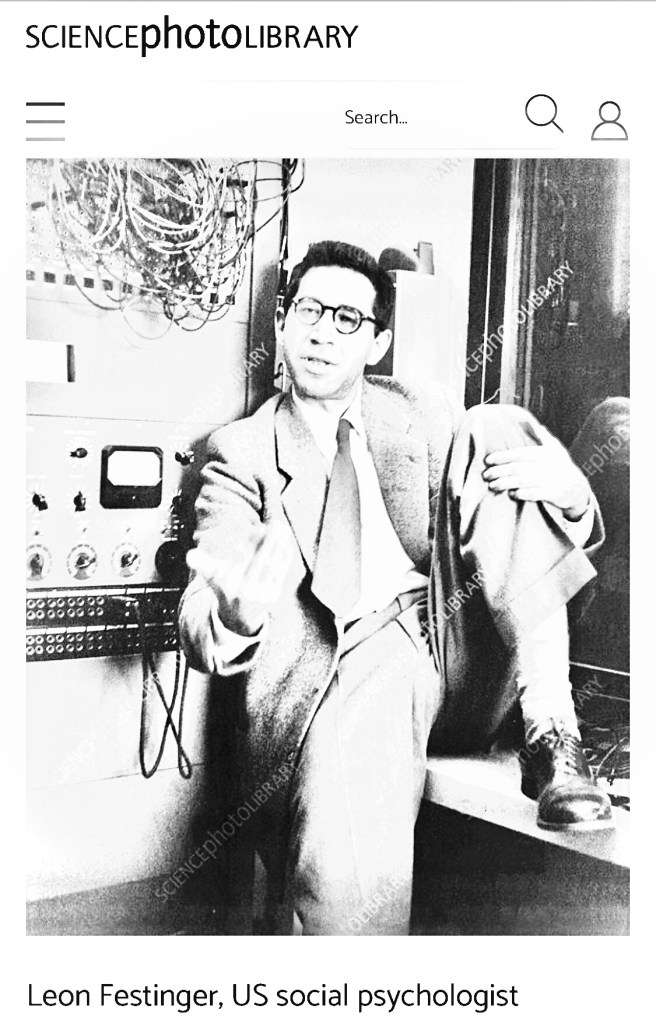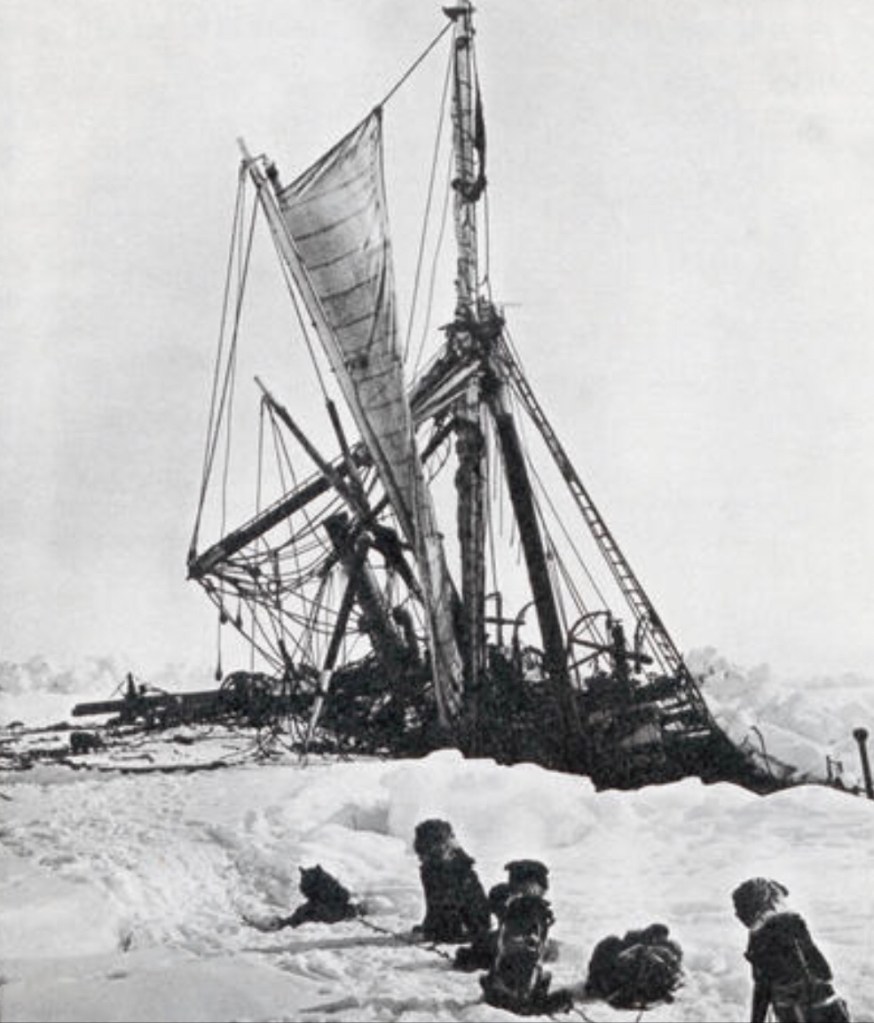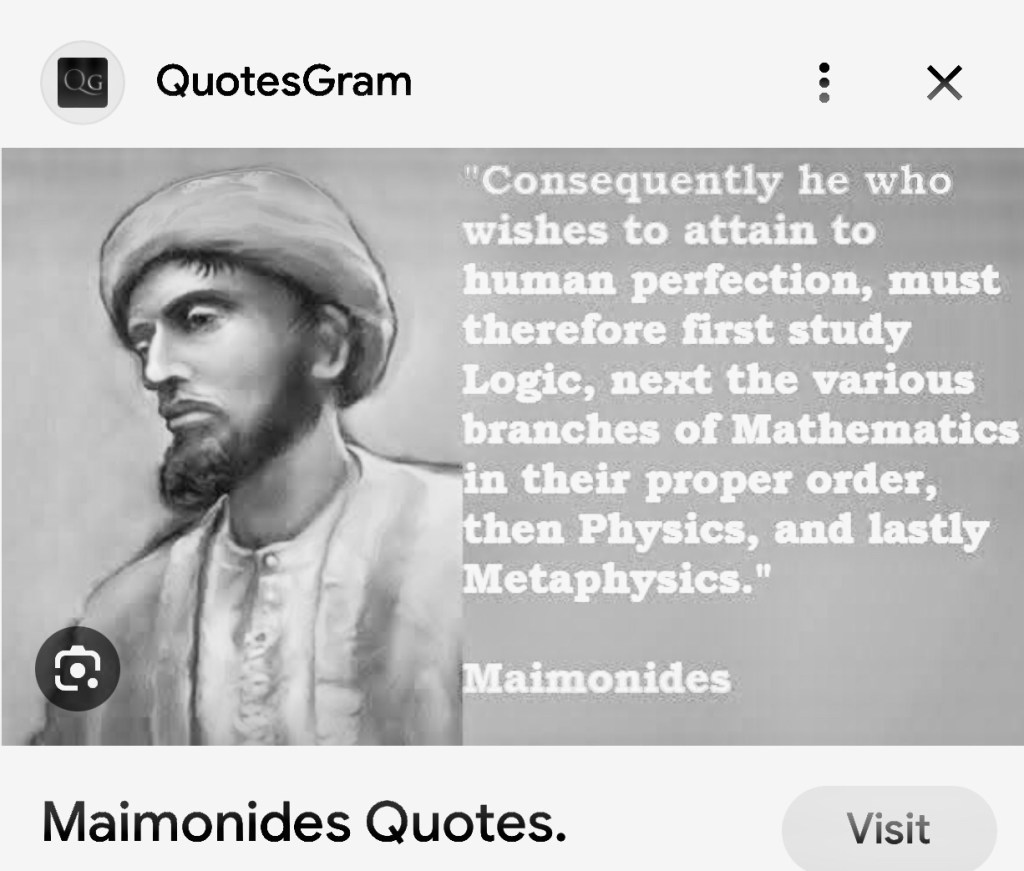Another Little Internet Gift from The Marginalian
BY MARIA POPOVA
“Our thought should be empty, waiting, not seeking anything, but ready to receive in its naked truth the object that is to penetrate it,” the great French philosopher and mystic Simone Weil wrote in contemplating the rarest and purest form of human thought. A generation later, Hannah Arendt cautioned that “the basic fallacy … is to interpret meaning on the model of truth.” How to bridge the gap between meaning, which is the human interpretation of truth, and that naked truth itself is perhaps the most abiding challenge in reconciling the human intellect with the human spirit.
That’s what the twelfth-century Jewish philosopher and astronomer Moses Maimonides examined centuries before Weil and Arendt in The Guide for the Perplexed (public library) — a masterwork of philosophy and rhetoric, dedicated to those “lost in perplexity and anxiety,” so enduring and influential that it has inspired works as diverse as E.F. Schumacher’s magnificent 1977 collection of essays on the meaning of culture and Werner Herzog’s compendium of meditations on creativity and life. A conceptual predecessor to Rilke’s indispensable Letters to a Young Poet, the book was written as a three-part letter to one of Maimonides’s students.

In the prefatory remarks to the original edition, Maimonides points out that he “hesitated very much before writing on the subjects contained in this work, since they are profound mysteries,” and considers the three primary ways we see truth:
Ignorant and superficial readers take them in a literal, not in a figurative sense. Even well informed persons are bewildered if they understand these passages in their literal signification, but they are entirely relieved of their perplexity when we explain the figure, or merely suggest that the terms are figurative. For this reason I have called this book Guide for the Perplexed. I do not presume to think that this treatise settles every doubt in the minds of those who understand it, but I maintain that it settles the greater part of their difficulties.
Centuries before Michael Faraday lamented our remarkable capacity for self-deception, Maimonides addresses the “errors which give rise to fear and anxiety, constant grief and great perplexity,” and writes:
At times the truth shines so brilliantly that we perceive it as clear as day. Our nature and habit then draw a veil over our perception, and we return to a darkness almost as dense as before. We are like those who, though beholding frequent flashes of lightning, still find themselves in the thickest darkness of the night. On some the lightning flashes in rapid succession, and they seem to be in continuous light, and their night is as clear as the day… By others only once during the whole night is a flash of lightning perceived… There are some to whom the flashes of lightning appear with varying intervals; others are in the condition of men, whose darkness is illumined not by lightning, but by some kind of crystal or similar stone, or other substances that possess the property of shining during the night; and to them even this small amount of light is not continuous, but now it shines and now it vanishes, as if it were “the flame of the rotating sword.” The degrees in the perfection of men vary according to these distinctions.

Our self-deceptions, Maimonides cautions, can warp what we impart on others — a tendency merely personally tragic in the context of one-to-one human communication but civilizationally menacing in the context of today’s one-to-many media, which didn’t exist in Maimonides’s time and which frame the basic realities of ours. He writes:
You must know that if a person, who has attained a certain degree of perfection, wishes to impart to others, either orally or in writing, any portion of the knowledge which he has acquired of these subjects, he is utterly unable to be as systematic and explicit as he could be in a science of which the method is well known. The same difficulties which he encountered when investigating the subject for himself will attend him when endeavoring to instruct others; viz., at one time the explanation will appear lucid, at another time, obscure; this property of the subject appears to remain the same both to the advanced scholar and to the beginner.
But Maimonides argues that the responsibility to counter untruth lies equally in writer and reader, in media-maker and media-consumer — a sentiment triply timely today. In admonishing his reader against skimming and the unconsidered snap judgments it invariably seeds, he presents a timeless micro-manifesto for the intellectual responsibilities of all information-consumers in any medium:
Do not read superficially, lest you do me an injury, and derive no benefit for yourself. You must study thoroughly and read continually… The reader must, moreover, beware of raising objections to any of my statements, because it is very probable that he may understand my words to mean the exact opposite to what I intended to say… Let the reader make a careful study of this work… Should he notice any opinions with which he does not agree, let him endeavor to find a suitable explanation, even if it seem far-fetched, in order that he may judge me charitably. Such a duty we owe to every one. We owe it especially to our scholars and theologians, who endeavor to teach us what is the truth according to the best of their ability.
With this, he arrives at what should be the credo of every respectable and self-respecting purveyor of information, knowledge, and wisdom — a credo just about diametrically opposed to the one driving today’s media economy of catering to the lowest common denominator. Maimonides reflects:
When I have a difficult subject before me — when I find the road narrow, and can see no other way of teaching a well established truth except by pleasing one intelligent man and displeasing ten thousand fools — I prefer to address myself to the one man, and to take no notice whatever of the condemnation of the multitude; I prefer to extricate that intelligent man from his embarrassment and show him the cause of his perplexity, so that he may attain perfection and be at peace.
The Guide for the Perplexed goes on to explore the path to truth, reaching which Maimonides argues is essential for attaining such peace from perplexity. Complement this particular portion with physicist Lisa Randall on the different paths art, science, and religion take to meaning and Hannah Arendt on the crucial distinction between truth and meaning.







 Hello john! This is the midweek edition of
Hello john! This is the midweek edition of  Erich FrommIn a sentiment he would later develop in contemplating
Erich FrommIn a sentiment he would later develop in contemplating  Hope is a decisive element in any attempt to bring about social change in the direction of greater aliveness, awareness, and reason. But the nature of hope is often misunderstood and confused with attitudes that have nothing to do with hope and in fact are the very opposite.Half a century before the physicist Brian Greene made his poetic case for
Hope is a decisive element in any attempt to bring about social change in the direction of greater aliveness, awareness, and reason. But the nature of hope is often misunderstood and confused with attitudes that have nothing to do with hope and in fact are the very opposite.Half a century before the physicist Brian Greene made his poetic case for  Illustration by Margaret C. Cook for a
Illustration by Margaret C. Cook for a  Art by Pascal Lemaître from
Art by Pascal Lemaître from  Art from
Art from 






